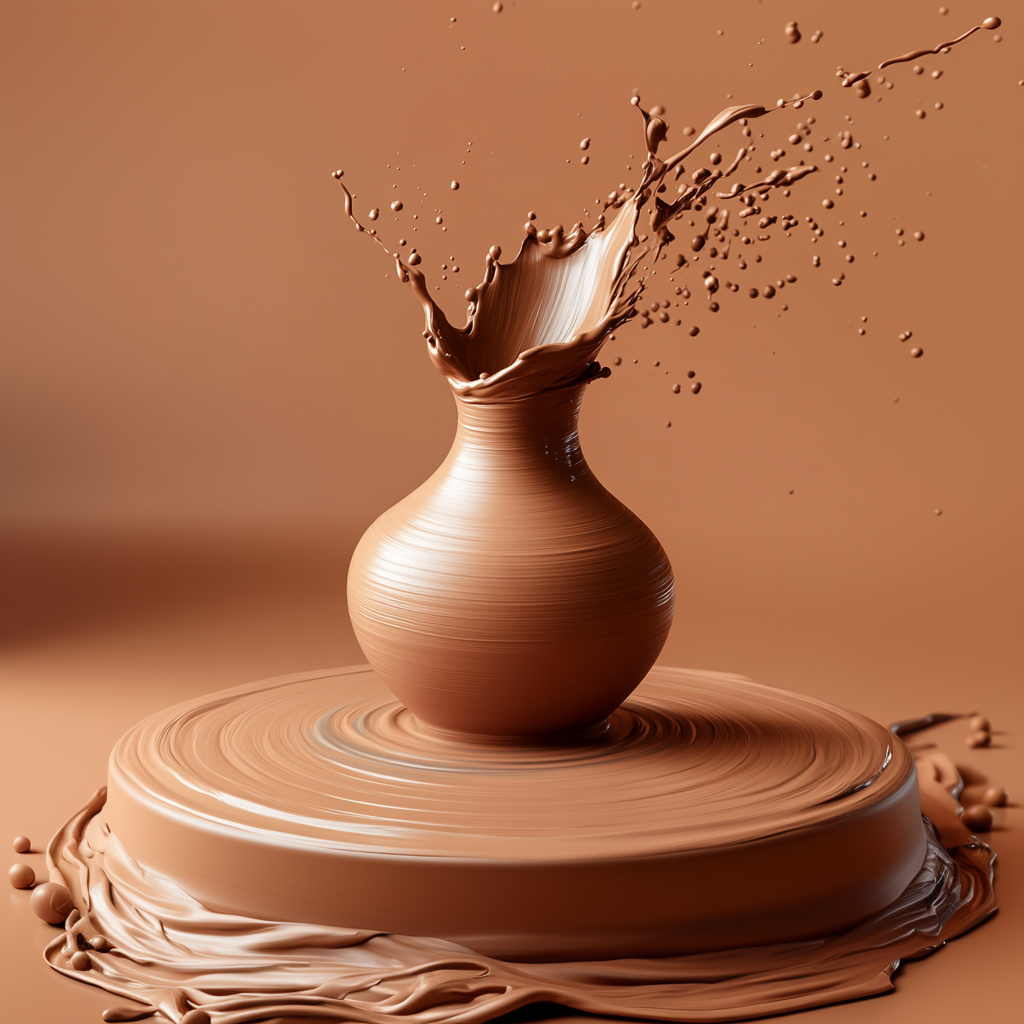Embracing Ikigai in the Face of Adversity
When I was working at Target Corporation, I experienced a severe eczema outbreak nine months before my wedding. It was one of the most challenging times in my life. For an entire year, I had a rash from head to toe. I felt like I had never-ending chicken pox, constantly itchy and uncomfortable. I didn't want to go out in public, and I would cover myself with a hoodie just to get groceries. It was debilitating, and I had to take medical leave to figure out how to manage it and heal. You would think that the happiest time of my life would be planning my wedding, but my husband ended up planning most of it. I spent week after week visiting doctors, trying everything from eastern and western medicine to nutritionists and acupuncture. I had a stack of papers 300 pages high, documenting all the treatments I tried. Ultimately, I ended up at the Mayo Clinic, where they finally helped me get better.
One evening, my fiancé and I were at my apartment, and I was feeling particularly miserable. I was having a moment of extreme discomfort, crying and just a mess. My fiancé put on a Frank Sinatra album and said, "Honey, God just wants us to go through our 'in sickness and health' part first." He suggested we practice our first dance, and we danced for 45 minutes while I cried in his arms. It was a moment of pure love and support, and I knew then that he was the one I was meant to marry. By some miracle, the Mayo Clinic helped me recover, and I was able to walk down the aisle looking like myself again. My fiancé and I got married, and I cried through the entire wedding, overwhelmed with gratitude. We just celebrated 20 years of marriage.
So, after going through that intense period with my eczema outbreak and wedding, I started to reflect on how these experiences shaped my understanding of Ikigai and my identity. Ikigai, at its core, is about finding joy and purpose in life, and these challenging moments taught me so much about resilience and self-discovery.
"The potter knows the clay, and through pressure, fire, and time, a masterpiece emerges."
— Anonymous
One of the things I realized is that our identity is not static; it's constantly evolving. Just like how a potter shapes clay into a beautiful pot, our experiences, both good and bad, mold us into who we are. When I was dealing with my eczema, I felt like my life was falling apart. But looking back, I see that it was a period of intense growth and transformation. It was like the clay being shaped on the potter's wheel—sometimes it gets a bit messy, but in the end, it becomes something beautiful.
Ikigai is about embracing this process of continuous shaping and reshaping. It's about understanding that our purpose and identity are not fixed points but dynamic and ever-changing. This perspective has helped me find peace and purpose, even in the most challenging times. It's about recognizing that every experience, no matter how difficult, is an opportunity to learn and grow.
In the same way, making pots is a metaphor for life. Each pot starts as a lump of clay, and through the potter's skill and patience, it transforms into a unique piece of art. Similarly, our lives are shaped by our experiences, our choices, and our resilience. We may face setbacks, but these are just part of the process of becoming who we are meant to be. So, when I think about Ikigai, I see it as a guiding principle that helps us navigate life's ups and downs. It's about finding joy in the journey, embracing our evolving identity, and understanding that every experience contributes to our growth. Just like a potter with their clay, we have the power to shape our lives into something meaningful and beautiful.

